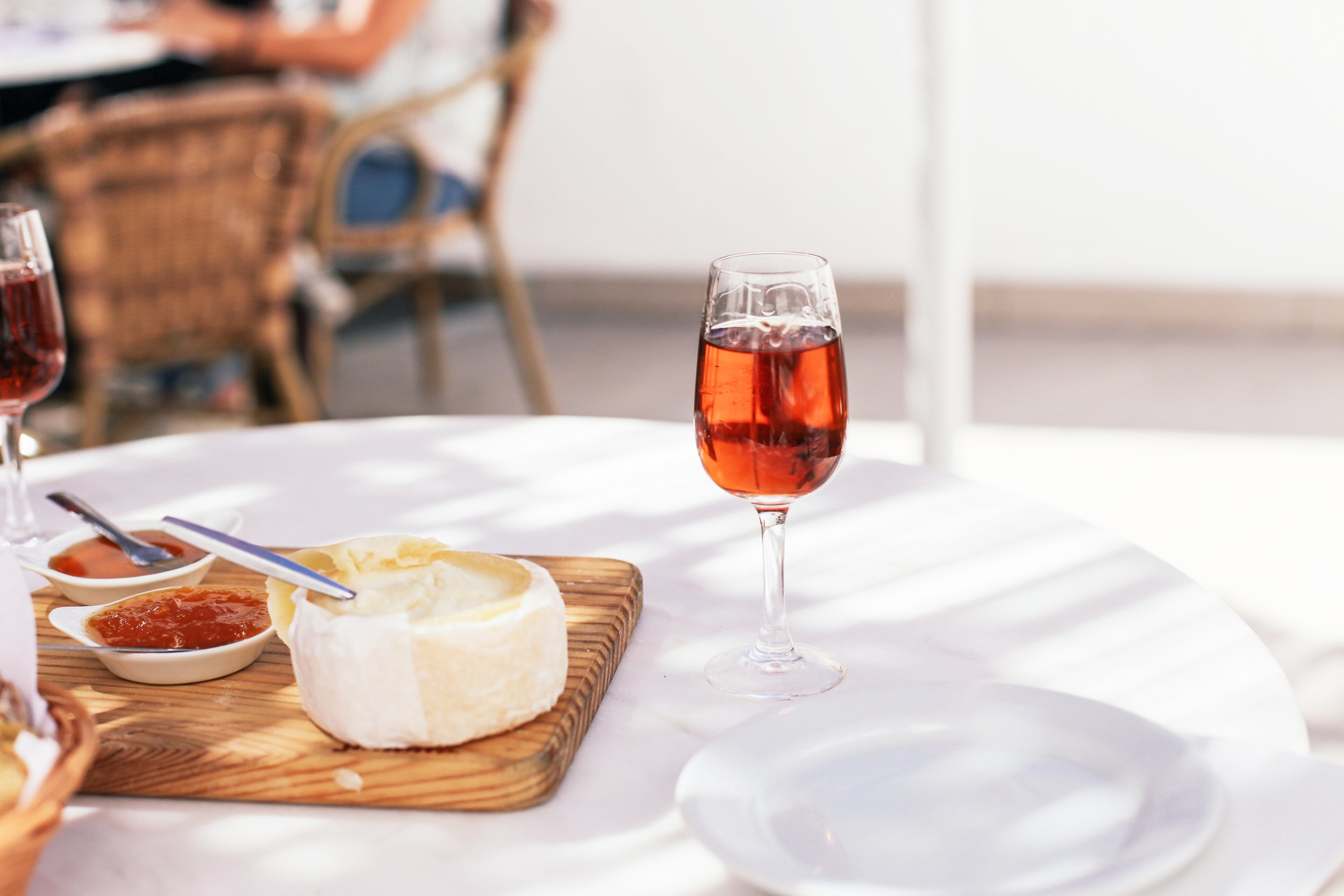Regions: Peninsula de Setubal
Peninsula de Setubal, an enchanting wine region located south of Lisbon, is a captivating mosaic of microclimates, complex soils, and distinctive grapes. This vibrant wine region, known for its fortified Moscatel wines and compelling reds, offers an experience that is quintessentially Portuguese. Let's unravel the magic that the Peninsula de Setubal brings to the world of wine.
Climate and Terroir
The Peninsula de Setubal wine region boasts a Mediterranean climate, characterized by warm, dry summers and mild, wet winters. However, the region's climate is not uniform, with variations caused by the Atlantic Ocean's cooling influence to the west and the warmer, arid conditions further inland.
As for the region's soils, they are as diverse as they come. The coastal areas are marked by sandy soils, while further inland, you'll find a mix of limestone, clay, and even rocky outcrops. These soil variations, along with the climatic differences, offer a broad tapestry of terroir that imbues the wines with a unique identity and character.
Grape Varieties
Peninsula de Setubal is home to an impressive roster of both indigenous and international grape varieties. Among the whites, Moscatel de Setubal is the reigning star, used to produce the region's famous fortified wines that are rich, sweet, and aromatic, often presenting orange rind and raisin notes.
The region also grows several other white varieties, including Arinto, known for its zesty acidity and mineral quality, and Fernão Pires, which adds a lovely floral and tropical fruit character to the wines.
On the red side of things, Castelão is the most widely planted grape variety, particularly well-suited to the Peninsula de Setubal's sandy soils. It produces wines with a wide range of expressions, from easy-drinking and fruit-forward styles to more robust and tannic wines that benefit from ageing.
In addition to Castelão, the region also grows international red varieties such as Syrah, Alicante Bouschet, and Cabernet Sauvignon, which are often blended with local grapes to produce wines of great depth and complexity.
Wineries
Peninsula de Setubal hosts lots of wineries that artfully capture the region's essence in every bottle. Among them are:
As one of Portugal's oldest wine companies, José Maria da Fonseca has a stellar reputation, particularly known for its iconic Moscatel de Setubal wines. The "Alambre" Moscatel de Setubal is an exemplary offering that highlights the grape's rich, honeyed, and spicy character.
Bacalhôa is a forward-thinking winery that blends tradition with innovation. Their "JP Azeitão" wines, made from Castelão, Aragonez, and Syrah, are highly appreciated for their approachable style and excellent value.
This family-owned winery is recognized for producing high-quality wines across a range of styles and price points. The "Leo d'Honor" Castelão is a fine example of a top-tier red wine that demonstrates the ageing potential of this indigenous grape.
The Peninsula de Setubal wine region offers an intriguing mix of traditional and modern wine styles, thanks to its diverse climate, terroir, and grape varieties. Its unique offerings, from the enticing Moscatel de Setubal to the expressive Castelão-based reds, are just waiting to captivate the palates of wine enthusiasts around the world.
